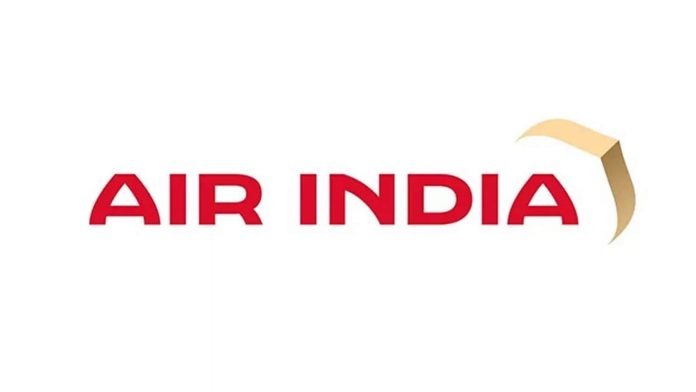INDIA: Air India, India’s leading global airline completed the second anniversary of its five-year transformation plan, Vihaan. AI. Introduced in September 2022, this strategic roadmap aims to revitalize the airline by focusing on five key pillars: enhancing customer experience, operational excellence, talent development, industry leadership, digital innovation, and streamlined operations. As the airline embarks on the next phase of its transformation, it is leveraging digital innovation, streamlining operations, and preparing for a historic merger with Vistara.
In the past two years, Air India has invested $200 million to overhaul its technology infrastructure. Driven by the Digital and Technology team of Air India under Dr Satya Ramaswamy, Chief Digital and Technology Officer, Air India, this transformation includes migrating to cloud-based platforms, developing new applications, and modernizing customer-facing tools such as the website and mobile app. As part of these efforts, the website and mobile app have been re-engineered to offer a seamless and intuitive user experience, with faster booking options, real-time notifications, and enhanced usability. The airline is also focused on upgrading its in-flight entertainment (IFE) system to offer passengers a superior experience, despite the complexities of integrating advanced systems into an aging fleet. This redesign aims to provide a consistent, personalized IFE experience across aircraft, accessible through passengers’ devices for greater convenience.
One of the airline’s standout innovations is its AI-powered chatbot, AI.g, launched in May 2023. AI.g autonomously handles 97% of customer queries without human intervention. AI.g has significantly enhanced customer service by reducing wait times, personalizing interactions and ensuring round-the-clock availability. The chatbot is seamlessly integrated across the website, mobile app, and call center, providing consistent support at every touchpoint.
Air India has also achieved a major technological overhaul by upgrading and deploying 140 systems in just two years. This comprehensive upgrade includes the migration to cloud-based platforms, ensuring enhanced scalability and reliability. The airline has also introduced new tools for crew management, safety systems, and internal operations to streamline processes and improve efficiency. Additionally, mobile devices have been provided to pilots, cabin crew, and airport operations staff, empowering them with real-time data and enhancing day-to-day performance across various functions.
A key milestone in Air India’s transformation is the upcoming merger with Vistara, scheduled for November 12, 2024, as part of Tata Group’s consolidation strategy. The integration has already involved the migration of 270,000+ passenger reservations and 4.5 million loyalty members from Vistara to Air India’s digital platforms.
Post-merger, Air India will operate 700+ flights per day, expanding its domestic and international network. While Vistara flights will initially retain their existing service standards and will operate under the code ‘AI2’, they will adopt Air India flight codes over time.
As Air India enters this new era, it continues to push the boundaries of innovation, operational efficiency, and customer-centricity, ensuring it remains a formidable player in the highly competitive global aviation market.

